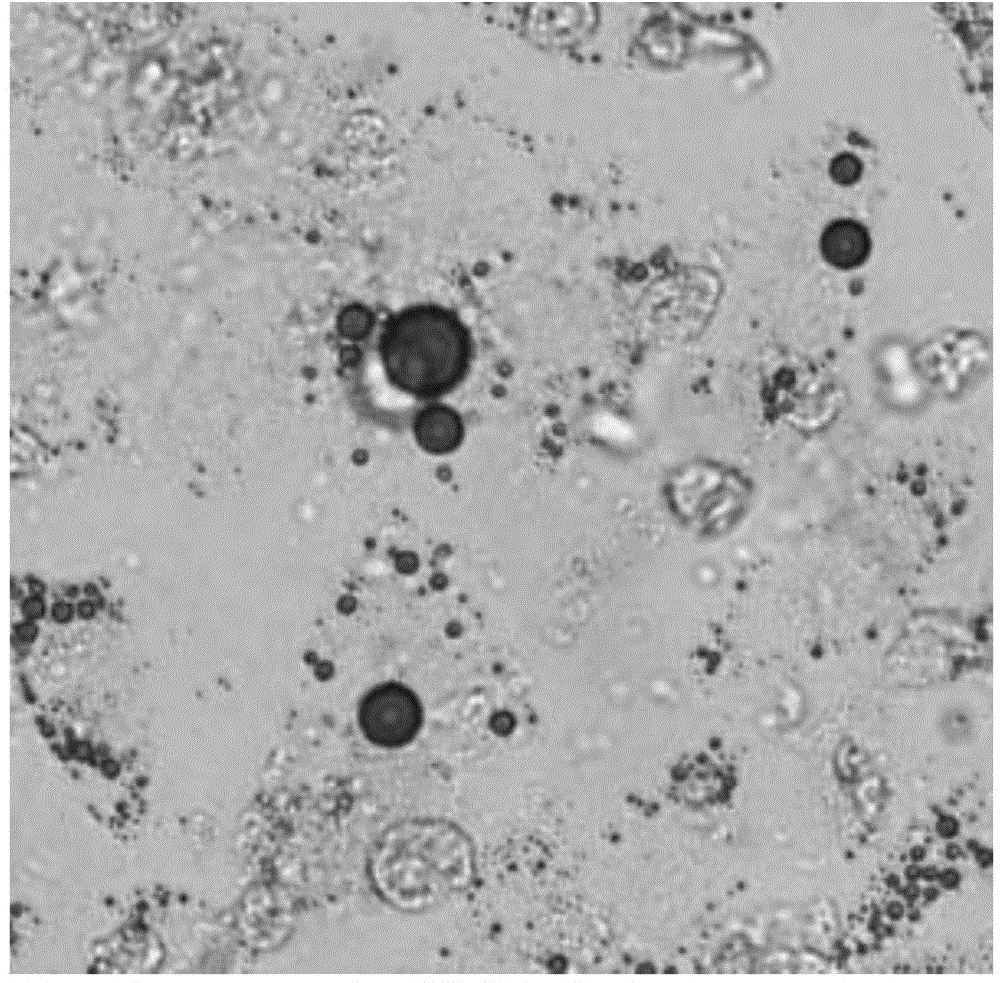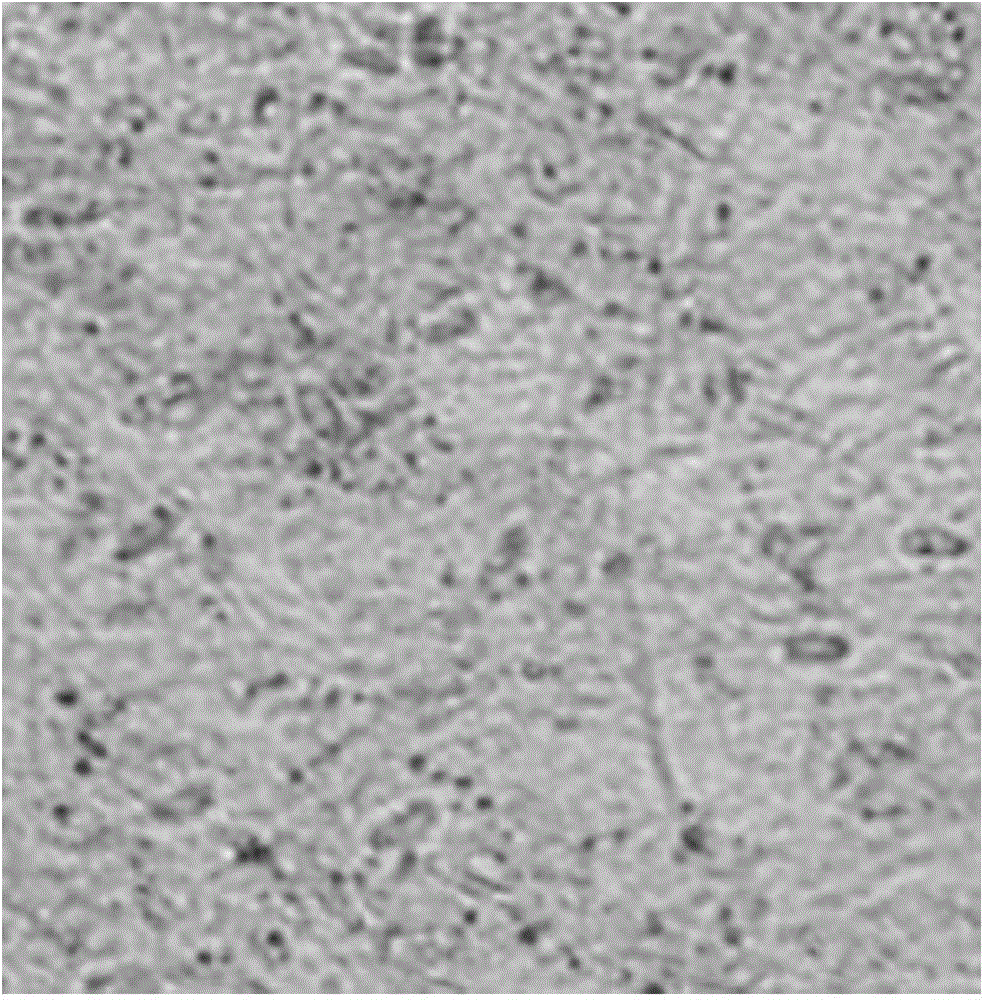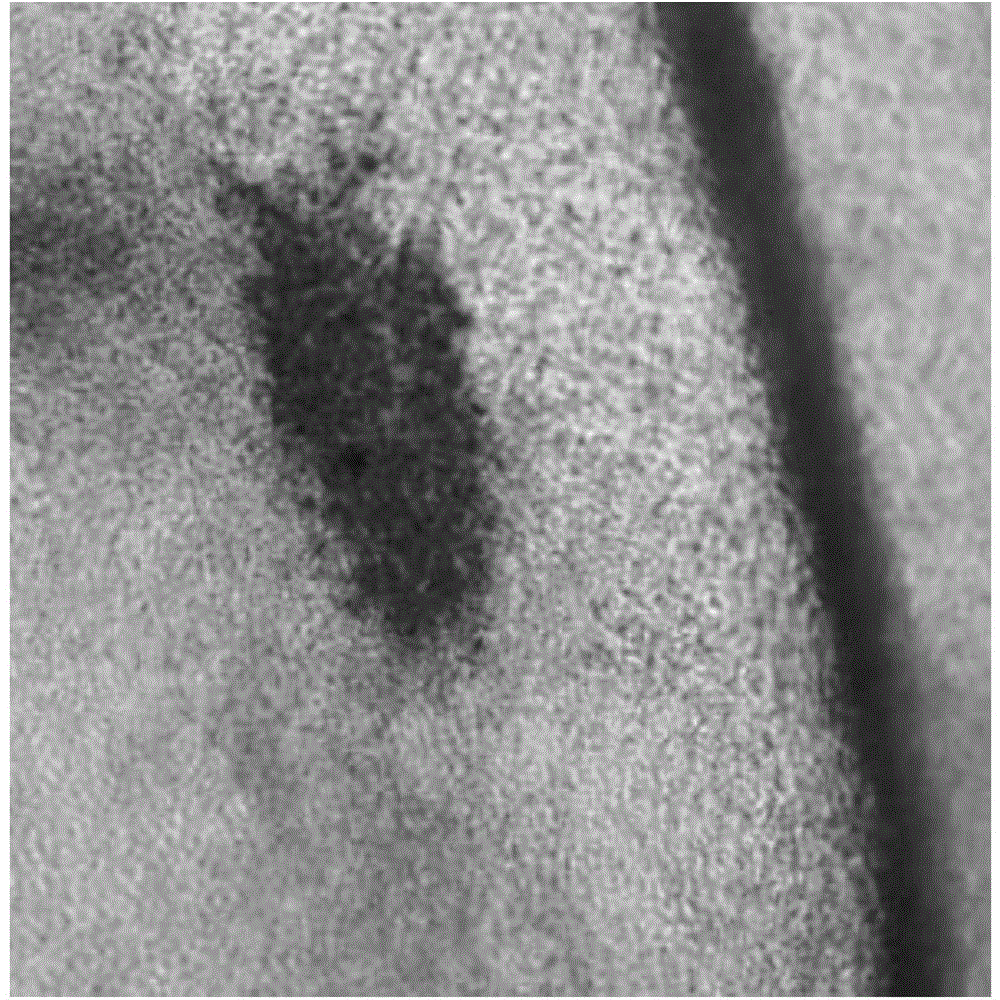Human adipose derived mesenchymal progenitor cells for treating hepatitis B
A progenitor cell and adipose technology, applied in the field of adipose stem cells for the treatment of hepatitis B
- Summary
- Abstract
- Description
- Claims
- Application Information
AI Technical Summary
Problems solved by technology
Method used
Image
Examples
preparation example Construction
[0060] In the present invention, the preparation method of adipose mesenchymal progenitor cells may include the steps of: washing adipose tissue, then digesting it with collagenase, centrifuging to separate stromal vascular components, removing oil and collagenase, culturing primary cells, and obtaining passaged adipose tissue mesenchymal progenitor cells.
[0061] Antigen detection of adipose-derived mesenchymal progenitor cells
[0062] The adipose mesenchymal progenitor cells used with the present invention are of high purity and are substantially free of other types of cells or stem cells. This can be verified by detection of cell surface antigens.
[0063] Adipose mesenchymal progenitor cells have a variety of specific antigens and receptors, mainly CD3, CD13, D29, CD34, CD45, CD49e, CD59, CD73, CD90, CD105, HLA-ABC, etc.
[0064] CD34 antigen is a highly glycosylated type I transmembrane protein, which is selectively expressed on the surface of human hematopoietic stem...
Embodiment 1
[0085] Example 1 Culture of adipose mesenchymal progenitor cells
[0086] 1. Sterile surgical instruments and consumables
[0087] (1) 5 sterile long-handled surgical forceps
[0088] (2) Sterile 100 mesh filter
[0089] (3) Sterilized 40 mesh filter
[0090] (4) 50ml centrifuge tube
[0091] (5)T175, T75 culture flask
[0092] (6) T10ml, T25ml pipette
[0093] (7) Wide mouth pipette
[0094] 2. Sterile reagents:
[0095] (1) MSCSFM medium (life)
[0096] (2) Type I collagenase (prepared and used now): 0.1% collagenase I preparation method: Weigh 0.1 g of collagenase I powder and dissolve it in 100 ml of medium without any factor, and preheat at 37°C before use.
[0097] (3) Sodium chloride injection
[0098] (4) 0.125% Trypsin-0.01% EDTA solution
Embodiment approach
[0100] 1. To receive the adipose tissue, wipe the outer wall of the container containing the adipose tissue with 75% alcohol;
[0101] 2. Aliquot adipose tissue, each T175 culture flask is divided into 50ml of adipose tissue. 10ml pipette, remove the pipette tip, first suck up the lower layer of red liquid in the fat collection bottle and discard it, and then mix the remaining upper layer of fat before packing.
[0102] 3. Wash the adipose tissue to remove blood cells. Add 100ml of sodium chloride injection to the T175 culture flask, tighten the lid, shake vigorously for 3 minutes to fully wash the adipose tissue, then stand for 3-5 minutes to separate the different phases, and suck off the lower aqueous phase; repeat the above operation three times until The lower liquid became clear.
[0103] 4. Collagenase I digestion: add an equal amount of newly prepared collagenase I solution (preheated on an air-bath shaker at 37°C for half an hour in advance), seal with parafilm, shake...
PUM
 Login to View More
Login to View More Abstract
Description
Claims
Application Information
 Login to View More
Login to View More - R&D
- Intellectual Property
- Life Sciences
- Materials
- Tech Scout
- Unparalleled Data Quality
- Higher Quality Content
- 60% Fewer Hallucinations
Browse by: Latest US Patents, China's latest patents, Technical Efficacy Thesaurus, Application Domain, Technology Topic, Popular Technical Reports.
© 2025 PatSnap. All rights reserved.Legal|Privacy policy|Modern Slavery Act Transparency Statement|Sitemap|About US| Contact US: help@patsnap.com



